What should we make of the recent hardening of Emmanuel Macron’s position on the war in Ukraine? At the beginning of the conflict, France’s president spent countless hours talking with Vladimir Putin; now, he spends his time entertaining scenarios in which French troops could be sent to Ukraine, and calling on other European leaders to stop being “cowards.” The Wall Street Journal reported this week that Macron used secret conversations with President Joe Biden and German chancellor Olaf Scholz to get them to change the way they deal with Ukraine. What explains Macron’s new approach?
Macron is a master of pursuing contradictory policies at the same time
It is possible that the French leader has seen the light and that France is undergoing a permanent strategic shift that turn it into a central player in Eastern Europe. In that case, however, you wonder why the rhetoric is not being buttressed yet by a real military build-up at home and more vigorous military assistance to Ukraine.
A more cynical though sadly more plausible answer has to do with domestic politics. The war has created a fault line within French politics. Faced with an onslaught of appeasers on the far left and the far right, Macron has little to gain from acting as yet another appeaser. Rather than trying to compete with them, it makes more sense for him to lean in and unapologetically carry the Ukrainian mantle before other centrists — most notably the left-wing internationalist Raphaël Glucksmann — run away with it.
None of this is new political territory for Macron. In his speech in Bratislava last May, he recognized that Eastern Europeans had been correct in identifying the Russian threat and that the West, including France, had been mistaken to downplay it.
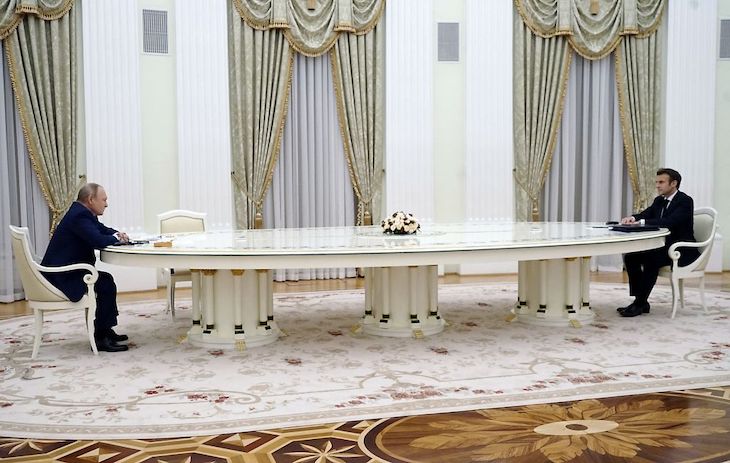
At the same time, Macron is a master of his version of political dialectics: pursuing contradictory policies at the same time, “en même temps.” His political movement initially borrowed policies — and recruited talent — from both the center right and the center left, only to leave both of France’s large parties in the dust. During the Donald Trump years, Macron called for the European Union to take a more distant approach to the US, while also starting a bromance with Trump.
It is only reasonable to expect that Macron’s throwing of France’s full weight behind Ukraine will come with strings attached, too. In fact, one of them is hiding in plain sight: France has had no qualms joining Hungary and Poland in seeking to crack down on Ukraine’s agricultural exports to the EU. In addition to sugar, poultry and eggs, now certain cereals and honey are to be added to the list of commodities subject to the EU’s import caps.
More importantly, the reference period used to calculate annual caps has been extended to include 2021, a pre-war year in which Ukraine exported relatively little to the EU. For embattled Ukraine, the policy shift could mean a loss of $1.2 billion in revenue from trade, according to a European Commission official.
At the very least, there is a tension between “protecting” Europe from Ukraine’s agricultural exports and pursuing accession talks with Kyiv. After all, when Ukraine joins the bloc, it will still have a highly competitive agricultural sector, just as capable of “undercutting” farmers across the EU as it is today. Worse, there is a contradiction between denying Ukraine market access and going through the travails of mobilizing financial support to keep its government afloat financially in times of war.
For Macron, the domestic political considerations are real — as illustrated by the tense protests by European farmers in the EU’s capital last week. Even the Polish government, for all its dedication to the Ukrainian cause, cannot afford to cross the country’s large farming community and sees agricultural protectionism as the only path to keep the heavily rural Law and Justice Party in opposition.
Yet the lightness with which the self-styled leader of Europe has reached for the protectionist playbook hardly inspires confidence in those who do want France to stand by Ukraine. If Paris really saw Ukraine’s success as an existential matter and still wanted to address grievances coming from France’s and Europe’s agricultural sector, it had a plethora of other options — the requirement to leave 4 percent of farmland fallow in order to be eligible for EU subsidies, for instance, as well as other environmental standards — or the rising costs of fossil fuels.
Pursuing some of those alternative paths would require sacrificing some of the progress towards achieving the EU’s climate goals. Trade-offs are the currency of politics, and it speaks volumes about the lingering complacency of both Macron and of Europe’s governing classes that they chose to harm Ukraine rather than to question their commitment to decarbonization at all costs.
That Emmanuel Macron has become a full-throated supporter of the Ukrainian cause is something to celebrate — so too is his use of the bully pulpit to shame other European governments into stepping up to help Kyiv. However, no one should mistake Macron’s careful political manoeuvring for a genuine sense of alarm about Europe’s security quite yet.
This article was originally published on The Spectator’s UK website.



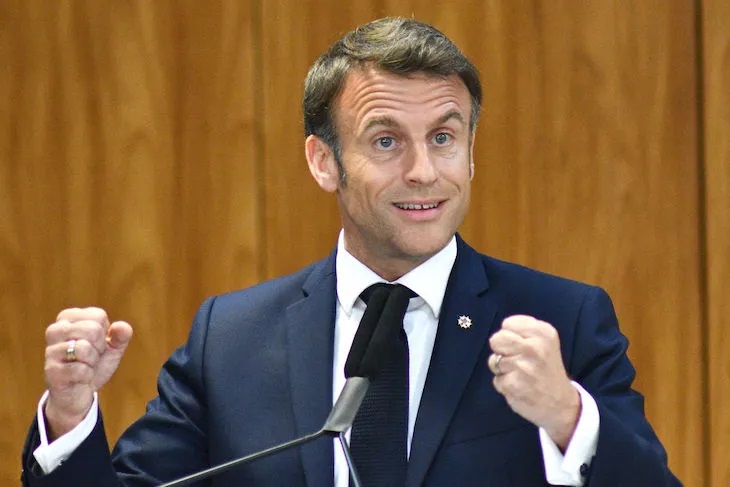






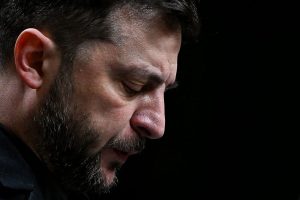

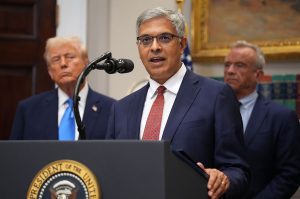



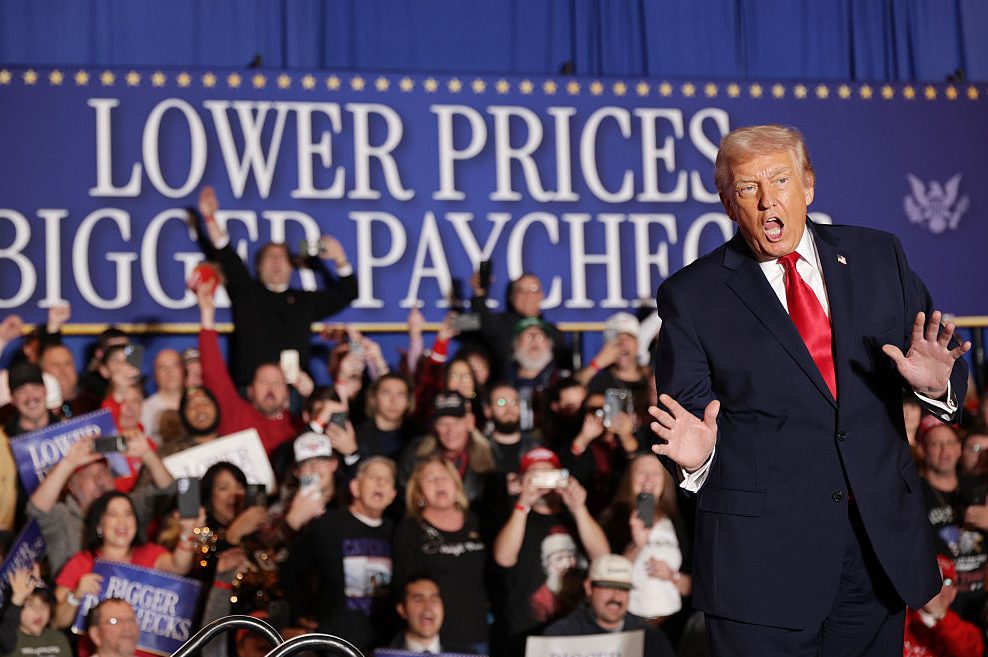

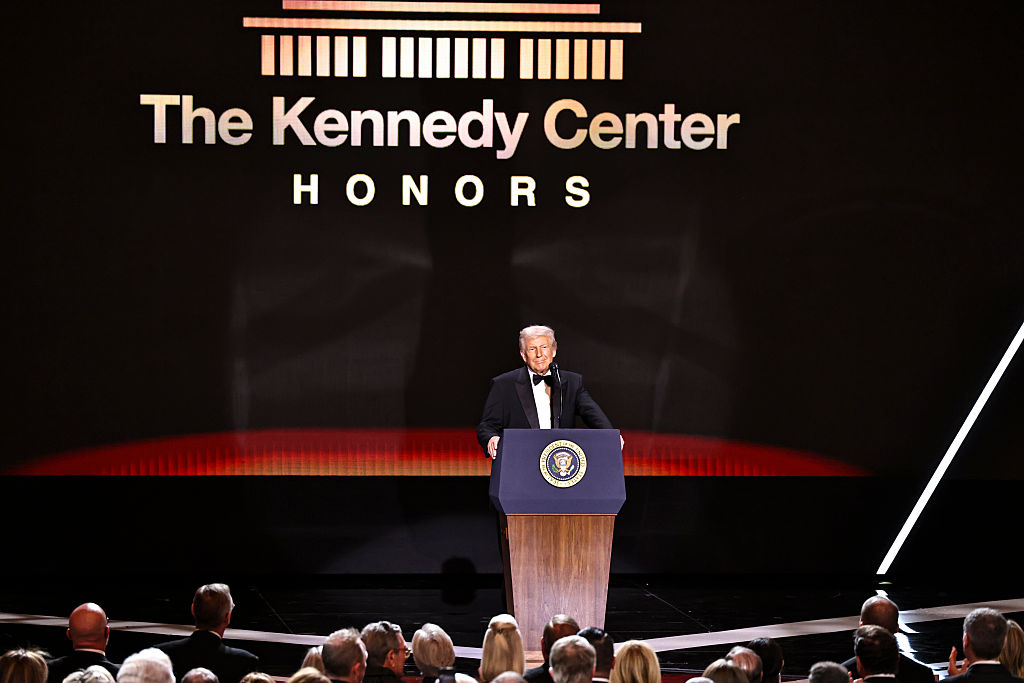







Leave a Reply